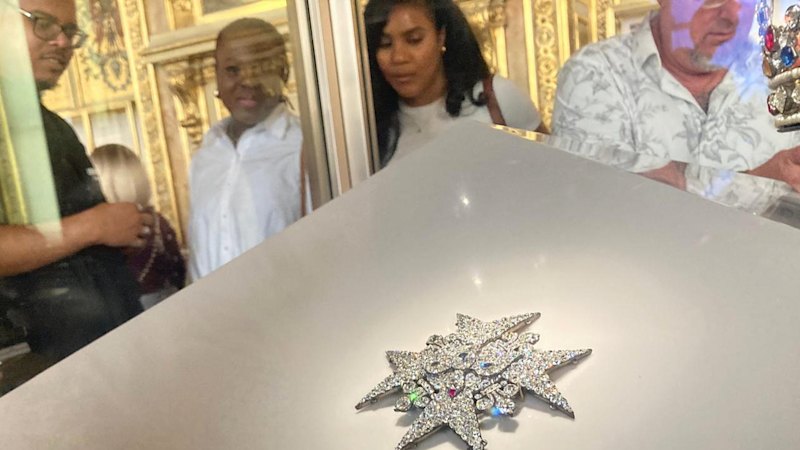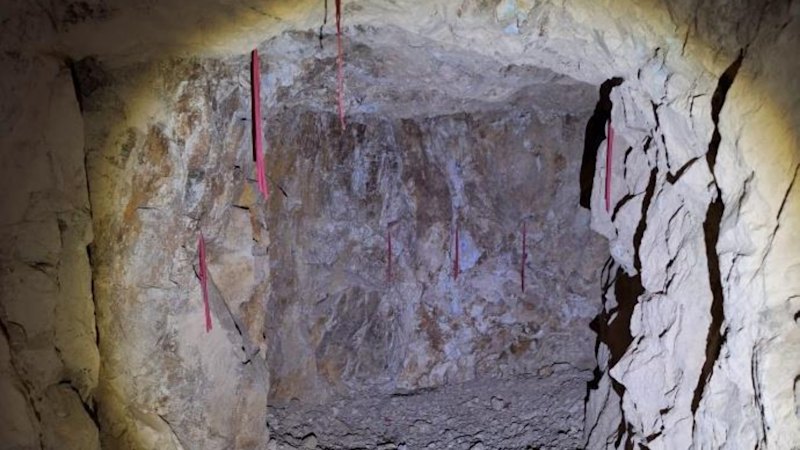
French police are currently investigating the theft of the Louvre’s crown jewels, a heist that has not only raised concerns about security but also ignited a significant discussion regarding the colonial origins of these artefacts. The jewels, which are of French heritage, sourced their precious materials from countries with complex colonial histories, prompting calls for greater transparency around their origins.
Colonial Connections of the Stolen Jewels
Experts suggest that the stolen jewels offer a rare opportunity to scrutinize the past. Researchers have traced the origins of the gems: sapphires from Ceylon (now known as Sri Lanka), diamonds from India and Brazil, pearls from the Persian Gulf and Indian Ocean, and emeralds from Colombia. This complex tapestry of origins reflects the darker aspects of empire, a narrative that France, like many Western nations with extensive collections, has only begun to confront.
“There is obviously no excuse for theft,” stated Emiline C.H. Smith, a criminologist at the University of Glasgow who focuses on heritage crime. “But many of these objects are entangled with violent, exploitative, colonial histories.” This statement underlines the dual nature of the situation: while the robbery is a straightforward criminal act, it complicates public understanding of the artefacts’ significance.
The ongoing investigation has led to charges against several suspects, but the fate of the jewels remains uncertain. Authorities express concerns that the stolen items could be dismantled or melted down for their materials. The jewels, while too recognizable to sell in their current form, could easily be monetized for their individual components.
Ethical Implications of Artefact Ownership
The discussion surrounding the stolen jewels has brought to light broader questions about restitution and the ethics of museum collections. The legal acquisition of these pieces during the imperial era does not alleviate the moral implications in today’s context. Experts argue that the paperwork of empire cannot settle the ethical dilemmas faced by institutions like the Louvre.
This incident has amplified the call for museums across Europe to provide more honest accounts of their collections. As the heist captures global attention, it serves as a reminder of the need for transparency and accountability regarding the origins of cultural treasures. The conversation about restitution and the repatriation of artefacts is gaining momentum, and this theft may just be the catalyst needed for a more comprehensive dialogue on the issue.
As the investigation continues, and with public interest piqued, the Louvre and other major museums may find themselves under increasing pressure to address their colonial legacies and the contentious histories of their collections. The unfolding situation, while primarily a matter of law enforcement, resonates deeply with ongoing discussions about heritage, ownership, and the responsibilities of cultural institutions.







